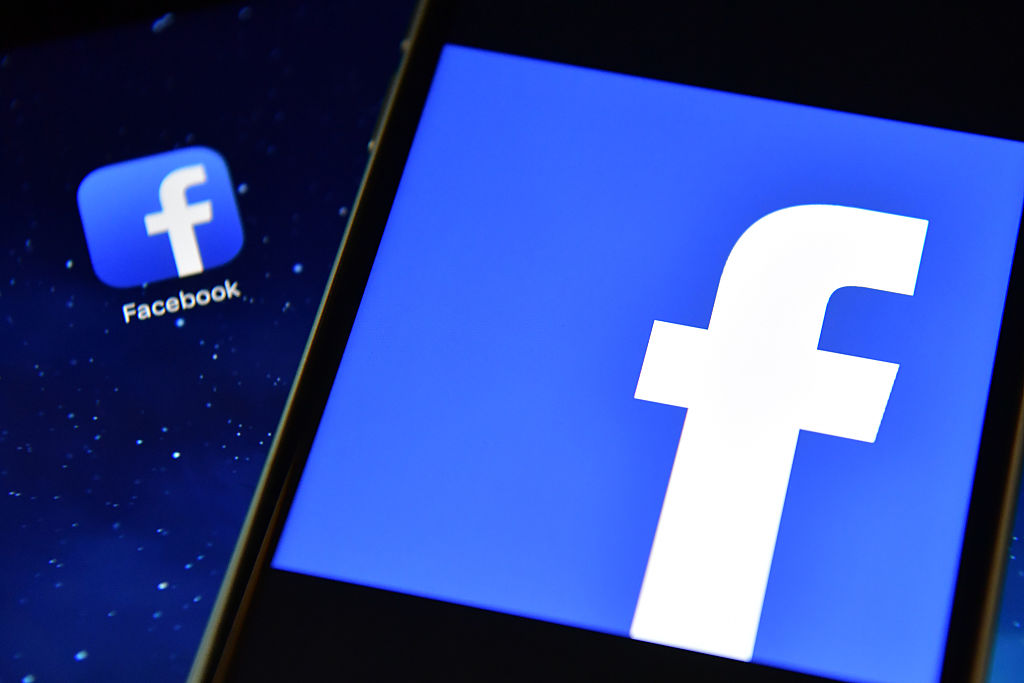Facebook reportedly found 41 percent of comments on vaccine posts 'risked discouraging vaccinations'


A free daily email with the biggest news stories of the day – and the best features from TheWeek.com
You are now subscribed
Your newsletter sign-up was successful
Facebook researchers earlier this year reportedly warned of the "huge problem" of there being "cesspools of anti-vaccine comments" on posts from authoritative sources.
A report from The Wall Street Journal published Friday describes how, despite Facebook CEO Mark Zuckerberg announcing in March that he hoped to use the platform to push 50 million people to get vaccinated, leaked internal documents show researchers warned the comments on posts about vaccines were "filled with antivaccine rhetoric" that could undermine this goal.
Weeks prior to Zuckerberg's vaccine announcement, a memo reportedly said Facebook's initial testing found that about 41 percent of comments on English posts about vaccines "risked discouraging vaccinations." Additionally, the memo said that even posts from authoritative sources were becoming "cesspools of anti-vaccine comments," which the authors described as a "huge problem" to fix. Even before the COVID-19 pandemic, the Journal reports that research from 2018 and 2019 indicated that Facebook's comments were "an important source of misinformation, even on seemingly innocuous articles."
The Week
Escape your echo chamber. Get the facts behind the news, plus analysis from multiple perspectives.

Sign up for The Week's Free Newsletters
From our morning news briefing to a weekly Good News Newsletter, get the best of The Week delivered directly to your inbox.
From our morning news briefing to a weekly Good News Newsletter, get the best of The Week delivered directly to your inbox.
While Facebook took steps to remove false claims about COVID-19 vaccines, the Journal writes that the "systems used to detect vaccine posts for removal or demotion weren't built to work on comments." Facebook data scientists reportedly warned that vaccine hesitancy was twice as prevalent in comments as in posts. By April, Facebook had reduced the number of comments users could make on authoritative health sources per hour from 300 to 13, the Journal says.
A Facebook spokesperson, Aaron Simpson, said the "data shows that for people in the U.S. on Facebook, vaccine hesitancy has declined by about 50 percent since January," and that "narrowly characterizing leaked documents doesn't accurately represent the problem, and it also ignores the work that's been underway to make comments on posts about COVID-19 and vaccines safer and more reliable." Read more at The Wall Street Journal.
A free daily email with the biggest news stories of the day – and the best features from TheWeek.com
Brendan worked as a culture writer at The Week from 2018 to 2023, covering the entertainment industry, including film reviews, television recaps, awards season, the box office, major movie franchises and Hollywood gossip. He has written about film and television for outlets including Bloody Disgusting, Showbiz Cheat Sheet, Heavy and The Celebrity Cafe.
